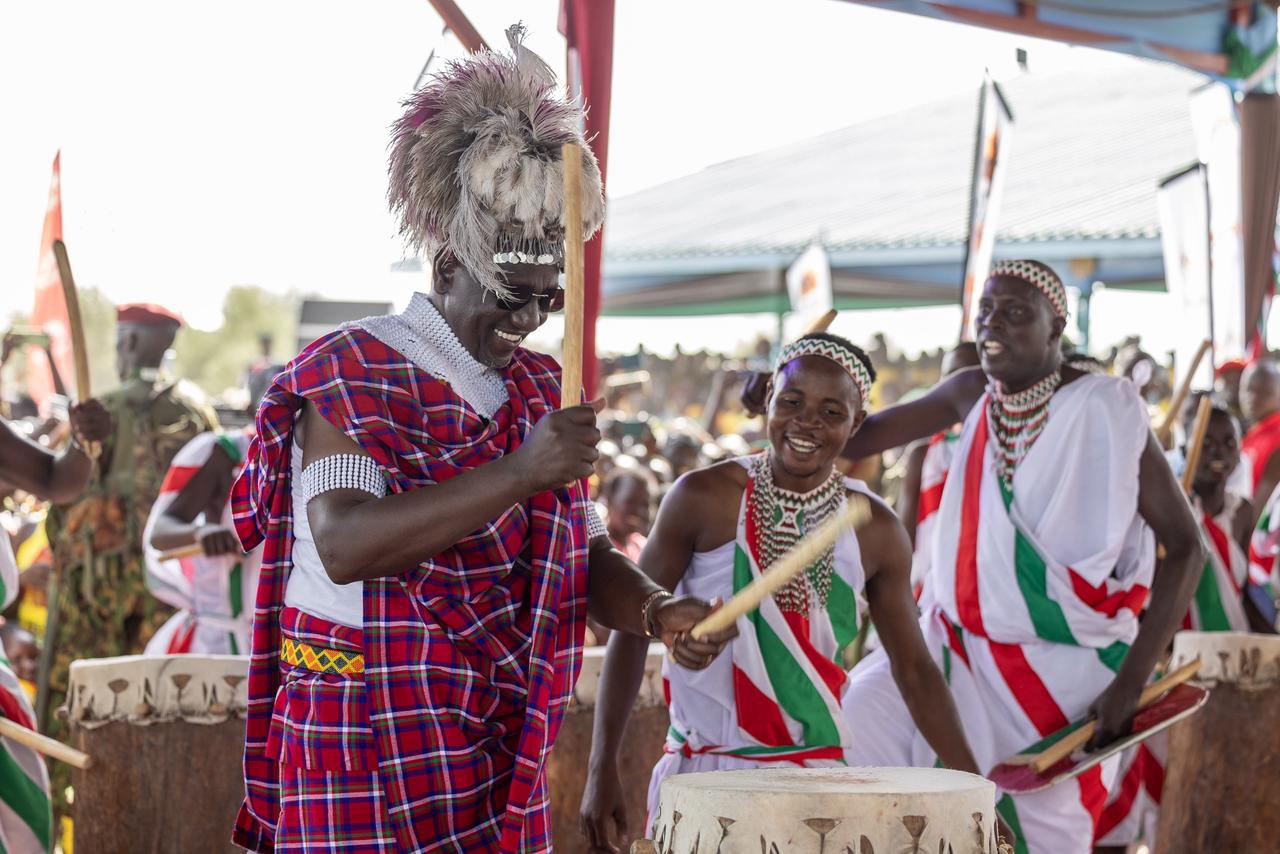It has been a while since Kenya was last in the iron grip of a classic International Monetary Fund straightjacket, like the one the country is in now.
Such an uncomfortable position, defined by having very little room to manoeuvre, is invariably the result of the country having difficulty meeting its financial obligations and thus having to accept the “conditionalities” imposed by the IMF.
These so-called conditionalities, which are intended to restore the nation’s fiscal and monetary health, ultimately boil down to just two things: First, reduce public spending and second, raise more revenues.
But as always, these things which sound so easy, are the most difficult.
Let me illustrate the difficulties inherent in any attempt at raising revenues, with an example from tourism policy.
Our neighbour to the south, Tanzania, has long permitted what is known as “regulated sport hunting,” while Kenya banned such hunting back in the late 1970s.
Kenya is actually an outlier here, as no less than 23 African nations (including South Africa, Tanzania, and Zambia) allow the hunting of wild animals in their protected areas. And with estimated continental revenues from this amounting to roughly Sh26 billion, you would think that this is obviously something Kenya should revise its policy on and grab some of that money.
But it is not that simple. In wildlife and tourism policy, as in many other matters, what is required of policymakers is that they find a way to reconcile mutually antagonistic priorities. And this is never easy. Which is why they are more likely to fail than to succeed.
For example, if Kenya legislated for a return to sport hunting, this might affect the tourism numbers we already have. Apparently, many tourists would not want to visit a country for what they term “the safari experience” if this meant that any of the beautiful animals they admired and photographed might in time be hunted down and killed for sport.
So, any attempt to grab “our share” of that Sh26 billion might lead to the reduction of existing tourism revenues.
Also, the attraction of sport hunting is in relative decline. A large part of this is because hardcore “animal rights activists”, especially in the US, will not stand by idly and watch their fellow citizens travel to Africa for the express purpose of hunting down African “charismatic megafauna” (what here we would call “the Big Five”).
Social media has empowered such activists to a level that makes it possible for them to apply a “nuclear option” to such hunters.
The animal trophy hunter who posts photos on social media of their latest kill can look forward to a viciously waged online campaign to have their businesses boycotted, or their employers urged to dismiss them, or even their residential addresses posted online, with the implied invitation that any American who wishes to avenge the dead animals will know where to go.
It is pointless telling such animal rights activists that it is usually old animals that were on their way out anyway, which are the target of such trophy hunting. After all, the elephants with the biggest tusks or the buffaloes with the widest span of horns, are sure to be ageing beasts.
All that counts for nothing with the animal rights activists: It is their business to make life unbearable for any big game hunter who dares show off their most recent kills on social media.
So, the potential windfall that might be obtainable from sports hunting is an extremely complicated matter indeed. So much so that it is understandable why Kenya has never successfully pursued this option.
And yet the Tanzanian model for sport hunting is said to greatly benefit local communities living adjacent to the “hunting blocs” where the hunting takes place. A good part of the revenues from hunting is reserved for what we in Kenya would call “development projects” – schools, clinics, training centres, etc.
Which is why Tanzania's tourism policy is unlikely to put an end to big game hunting; and Kenyan tourism policy is unlikely to allow for a return to such hunting.
















